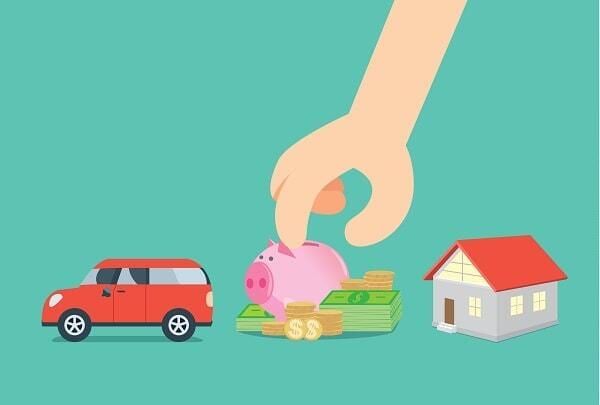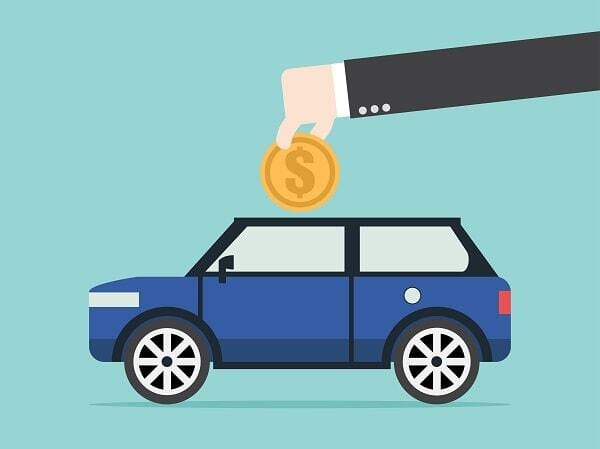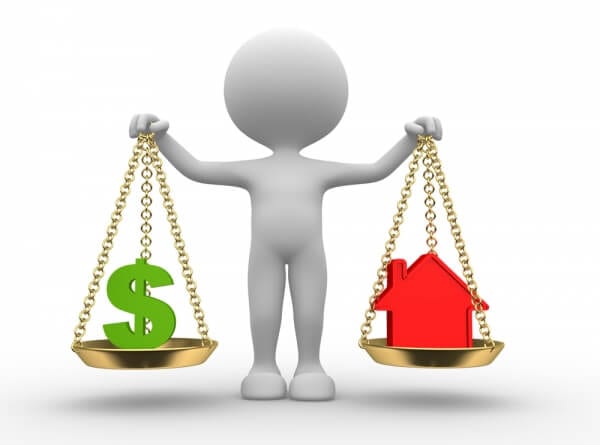If the value of your home, or the amount you paid for it, is higher than your first mortgage or the principal, it means that you have equity in your home. You can tap into your equity by applying for a loan, secured by it. These can be a great option to acquire finance, but what happens if you default on home equity loans?
Here are the consequences if you default on home equity loans
1.The account will be sold to a collection company.
Unlike what other people think, foreclosure is usually not the course of action home lenders choose to recover the amount you owe. When you default on your debt, your lender may sell it to a collection company who will take it from there. They will call you, send collectors to your door steps or send demand letters to attempt to recover your outstanding balance.
 2. Standard lawsuit
2. Standard lawsuit
If the second mortgage holder decides not to foreclose, can it still recover the money it has lent you? Yes. In an attempt to recover payments, the lender may file a standard suit against you. It is less scary than a foreclosure where you will lose ownership of your home, but it can seriously hurt your credit score.
3. Foreclosure
In case of default, the holder of your second mortgage may initiate a foreclosure to recover the money it lent to you the moment your house is sold at a foreclosure sale. Since mortgage is a senior lien which takes priority over a home equity like a second mortgage (because the loan was registered earlier) the first lender gets paid first. But, what if you refinanced the loan—does it mean that the second mortgage lender becomes the first priority? It depends. Whichever lender has the certificate of title will be entitled for the payout first. If you were in the process of refinancing but it was never complete before the foreclosure on the property and you didn’t pay the previous lender out, they are not eligible for the funds. If your previous lender still holds the certificate of title, then they are the ones who need to be paid out.

Here are tips to avoid the above-mentioned consequences of not paying your home loan on time…
Don’t hide from your creditors.
They will not be so enthusiastic in working with someone who avoids their calls, ignores their letters and refuse to cooperate with their offer to help for a few months. Remember that most mortgage lenders will work with borrowers who are struggling to make payments to encourage payment. So, if you’re missing payments, contact your lender right away. Inform them about your current financial situation and express your willingness to work out a repayment plan suited to your condition. Your lender may modify the terms of your loan, lower or raise the interest rate, increase or decrease the monthly payments, depending on your situation and financial capacity. It can also be a combination of the abovementioned options to make the home loan more affordable.
Explore available options to avoid foreclosure
Are you struggling to make your second mortgage payments? If foreclosure is imminent because of default, check out some of the alternatives to foreclosure that Australian Lending Centre offers:
- Mortgage arrears loan to pay off the required mortgage payment on your home loan for borrowers who missed a payment, paid late or have multiple overdue payments.
- Bad Credit Home Loans
- Investment Property loan
- Mezzanine Financing
- Bridging Loans
If you want to consolidate your debts into 1 easy-to-pay, low-rate loan with low monthly repayments, get your finances back into order with a debt consolidation loan. Learn more about home equity loans and the suitable financial solutions available for you by calling 1300 138 188 today!




 2. Standard lawsuit
2. Standard lawsuit











